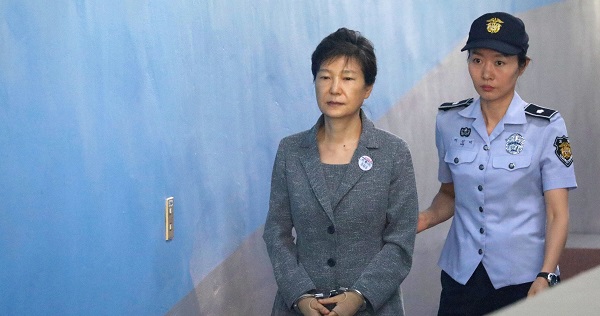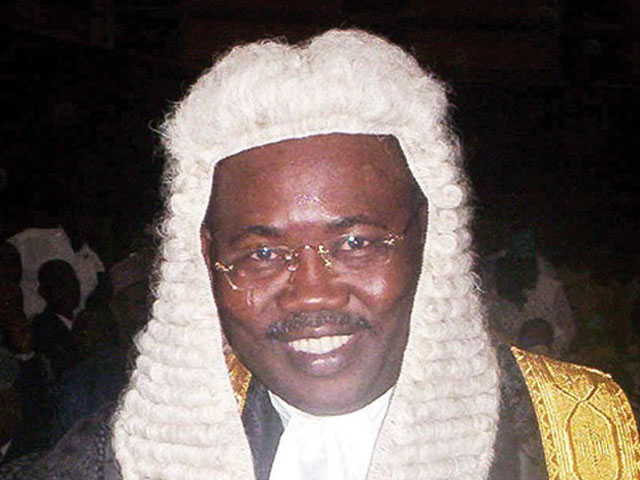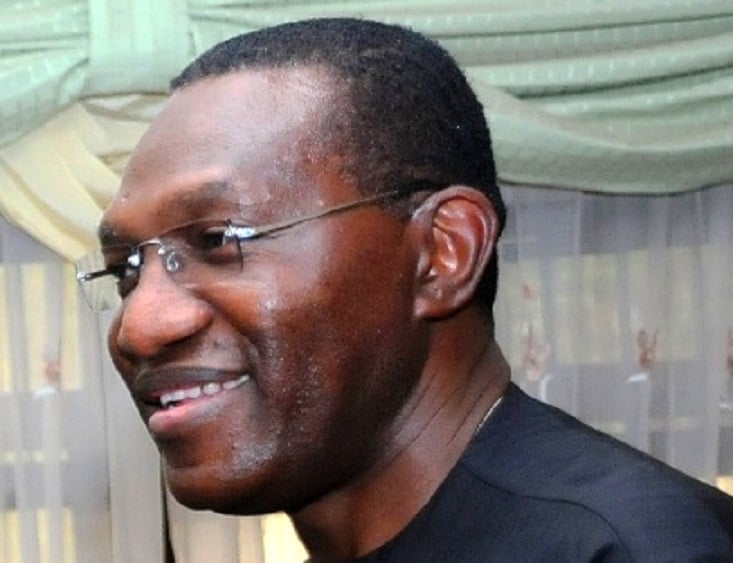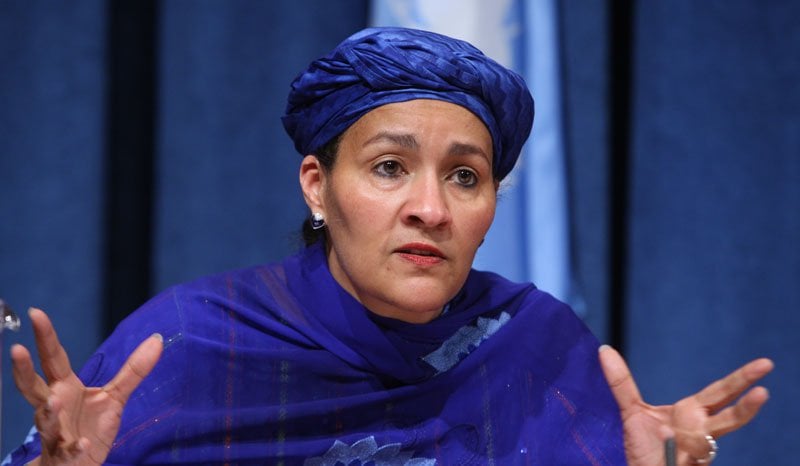BY ROTIMI OLAWALE
In late 2015, I got an invitation from the Africa Development Bank to attend and make a presentation at a seminar organised by the Korean Development Institute in Seoul. I had always looked forward to visiting South Korea given its tag as one of the Asian tigers. Therefore, this was one invitation I couldn’t turn down.
The flight was long and eventless but became interesting when I landed in a futuristic airport that looked something like a space station. As many might know, South Korea was a ‘bloody’ third world country alongside Nigeria in the 60s. Pundits, then, took a bet that Nigeria will join the A-list nations faster than Seoul. The MINT country classification only brings back the memory of what we once had a potential for. The MINT may, after all, be our consolation after years of weak visioning. Back to my gist! As I took the 45 minutes bus shuttle from the airport to my hotel, I concluded in less than 10 minutes where Nigeria stands. I remembered Fatai Rolling Dollar’s Classic – ‘won kere si number wa’. We are truly lesser in grade to South Korea.
We are not mates, but this has not always been the case. Seoul spread out in front of me like Manhattan. The skyline of Seoul to that of Lagos looked like comparing the lean cocoa house in Ibadan to the steel structures dotting Marina in Lagos. I mean no disrespect! I stayed in Seoul for four nights, and roamed the city at nights after my meetings and I was overawed on each occasion. I’ll talk about that experience some other time. Let’s trace back to 1960 when independence beckoned. Nigeria with a GDP of 4.196 billion dollars had a stronger economy than South Korea’s 3.958 billion dollars. To bring home the reality, South Korea’s 1.38 trillion dollars GDP is now three times the size of Nigeria 481 billion dollars in 2015 — the year of my visit.
Last week, as I flew from Frankfurt to New York to attend meetings the 51st session of the United Nation’s Commission on Population and Development, I read about the conviction of South Korea’s ex-president, Park Geun-hye, who was recently sentenced to 24 years in prison by a court of law in South Korea. Reading through the list of her crimes, which included charges of bribery, coercion and abuse of power amongst others, I cannot help but draw parallels between Seoul and Abuja.
Advertisement
At the centre of the scandal that led to her impeachment as president and now her conviction is the allegation that she and her long time ally and confidante, Choi soon-Sil, collected or demanded bribes from big businesses including the global brand — Samsung, the 51 million people country’s largest family controlled business. The two women were accused of coercing 18 businesses into donating to two foundations that was controlled by her friend, Ms. Choi.
According to the New York Times, while appealing for leniency, her lawyers argued that the money collected from big businesses were not used for her personal gains. These counted for little in her sentencing. It reminded me of the late Professor Sam Aluko’s theory of productive corruption. The presiding judge, Kim Se-yoon while wielding the big hammer said, ‘the accused caused chaos in state affairs by abusing the power given to her by the people, and it is necessary to hold her responsible with a stern punishment so that similar things will not happen again.’
Ms. Park is not new to politics. She is the daughter of a former Korean military dictator who spent 18 years in power. Now languishing in jail and expected to appeal her sentencing, she has finally ended her political career; at least in the context of South Korea. It is a classic case of from presidency to prison.
Advertisement
Let me pick three lessons for Nigeria from the South Korean drama that rocked the world of business and politics in Seoul.
- Abuse of power should not go unpunished — The current government of President Muhammadu Buhari has filled our eardrums with news of how billions of dollars have been frittered away by the last administration on flimsy expenses. The former national security adviser is currently in detention (against court orders) on some charges related to this. However, the man at the centre, President Goodluck Jonathan, who presided over this mind-blowing corruption, has not even been invited for questionings. His luck is good enough to keep him out of Nigerian prison! It does not matter what fortunes the country must have missed from the 2.1 billion USD arms deal wasted and stolen. My politics loving friends have told me that there is an unwritten rule that former heads of state cannot be prosecuted, and in this particular case, it will trigger a North versus South debate. My counter argument is that it is such play-safe tactic that has kept Nigeria in a permanent dance of motion without movement. None of the gentlemen in the exclusive club of former presidents have been prosecuted since the start of our democratic experiments, despite the fact that the take of their corrupt practices have been told on the streets in different versions. They are above the law. In Seoul, this was not the case, the parliament and then the court acted based on evidence to prosecute a former president. Justice was served.
- The romance between big businesses and politics should be minimal — You do not even need to dig too deep to find collusion between big businesses and politics in Nigeria. Most of our biggest businesses enjoy unfair advantages guaranteed by government, administration after administration. That makes the business owners richer, government palms greased and the nation and citizens at the wrong end of the stick. While it is important for government to develop a policy environment that allows businesses both big and small to grow, we must ensure that our businesses have no financial inducements to politicians to give them an edge over others. It is wrong.
- You do not need to be a friend of government to benefit from governance —According to New York Times, the former president was also found guilty of blacklisting artists, writers and movie directors deemed unfriendly to her government, excluding them from state support programs. This is so commonplace in Nigeria. The media, banks, small businesses have it at the back of their mind never to offend Government because the consequences will be high. It is like UK’s unwritten constitution. Perhaps, the defunct 234 Next’s Dele Olojede can tell this story better than anyone, for daring to reveal corruption in Government, he not only lost lucrative Government ads, they pressured the private sector to pull ads from 234 Next. Government’s reach spreads like an octopus across all sectors of the country. A few years ago, after listening to my mum’s harrowing experience applying for her pension and gratuity, I told her I will write about it. She said, ‘please don’t.’ The state government can stop paying me my pension if they make the link between the writer of the article and myself.’ I responded — your kids will take care of you. She said, ‘my pension is the reward of my 30 years of service to the government; I don’t want to forfeit it.’ We all do not need to be friends of government.
The story of Chams Plc paints this in dark ink. In 2010, the company signed a MoU with the government to produce national identity cards but lost 9.5 billion Naira in investments once the government who signed the deal left office. Chams City was eventually closed down when the business models they were built on collapsed. For our country to remain competitive, we must ensure that Government does not punish those they perceive do not like them. Government officials, elected or selected, have been appointed to serve all and they swore to this in their oath of office.
As the descent to the JFK airport commenced, I asked myself — Will Nigeria, Africa’s noisily snoring giant, wake up in my lifetime?
Olawale is the executive director of Youthhubafrica, he writes from Abuja.
Advertisement
Views expressed by contributors are strictly personal and not of TheCable.
Add a comment






